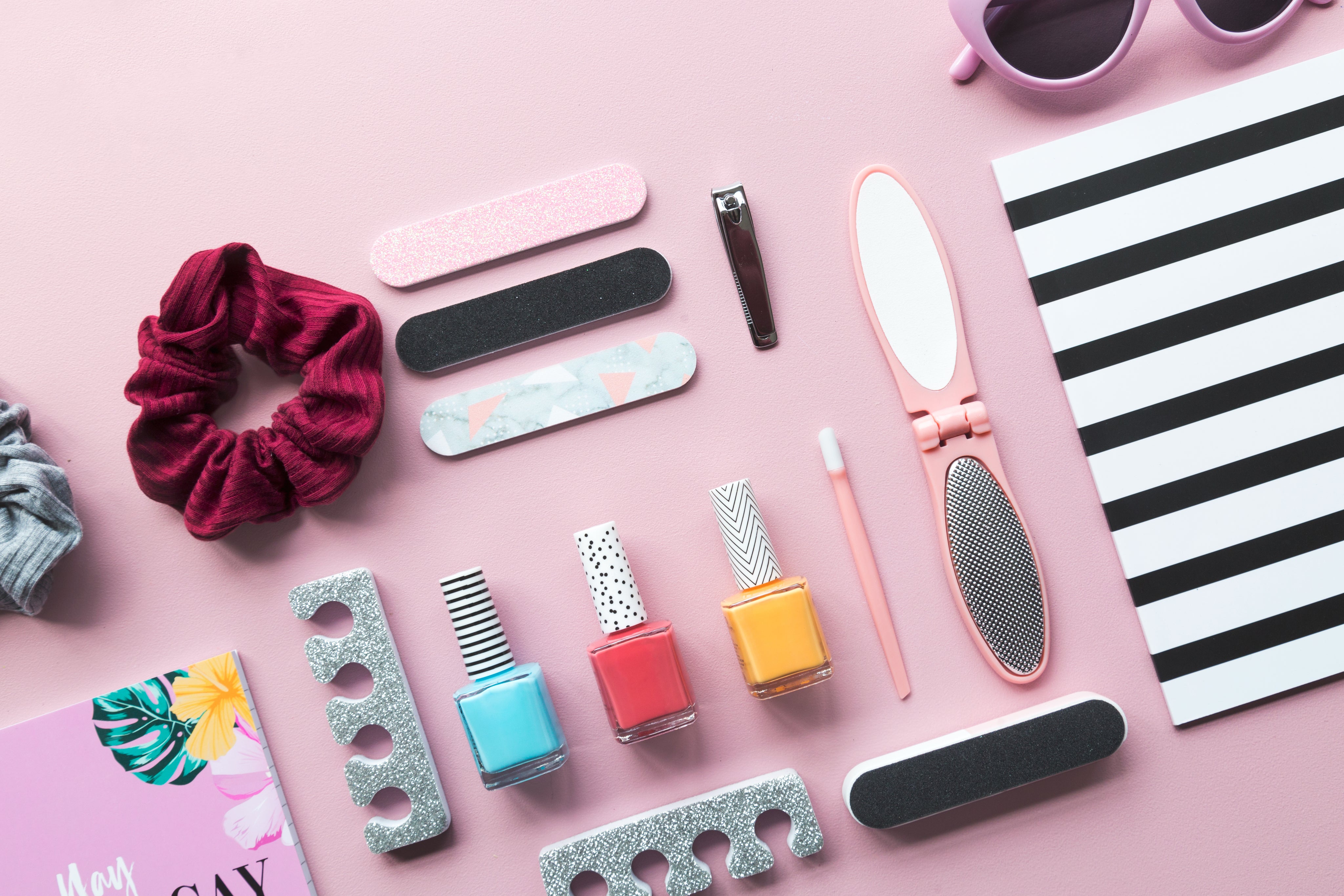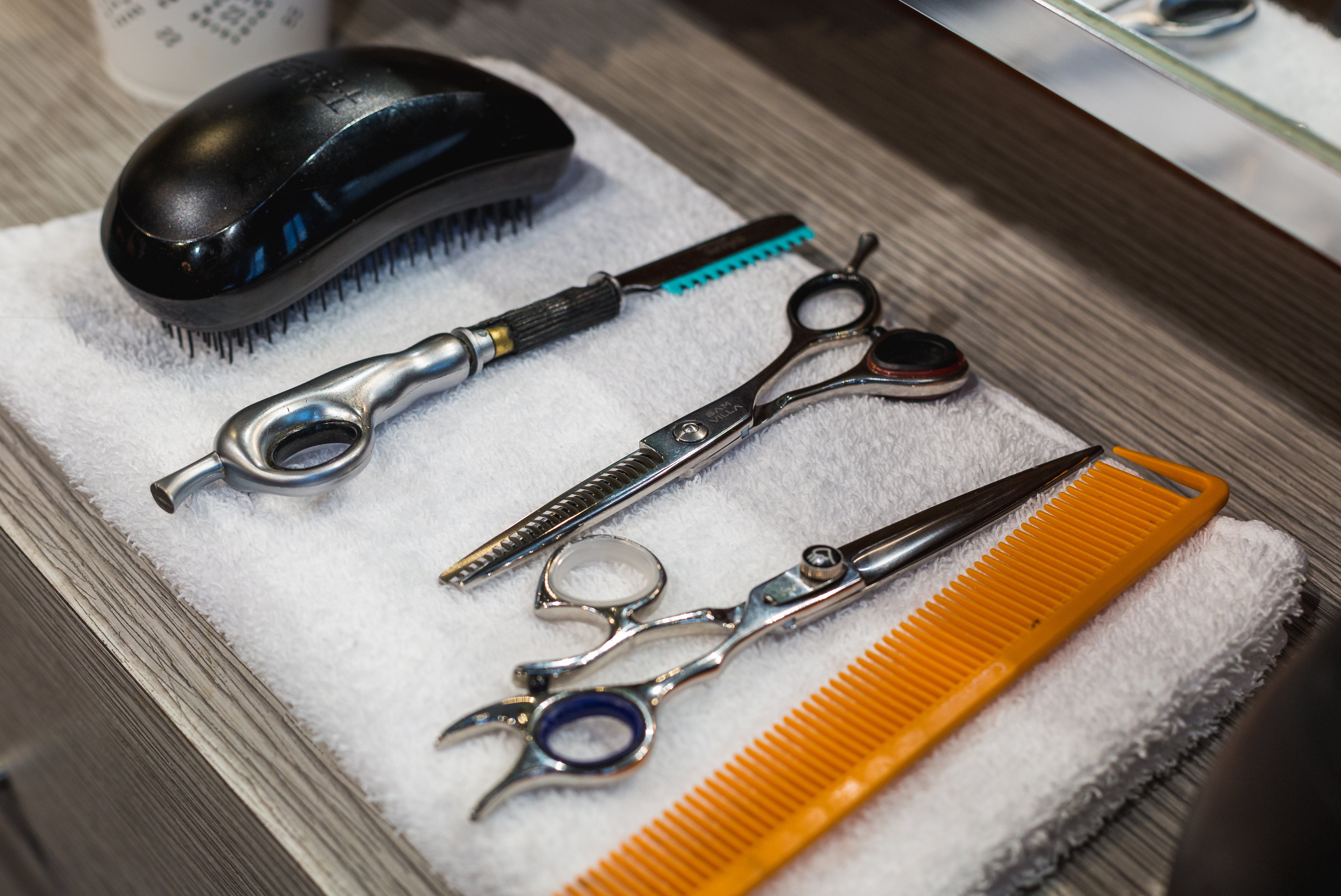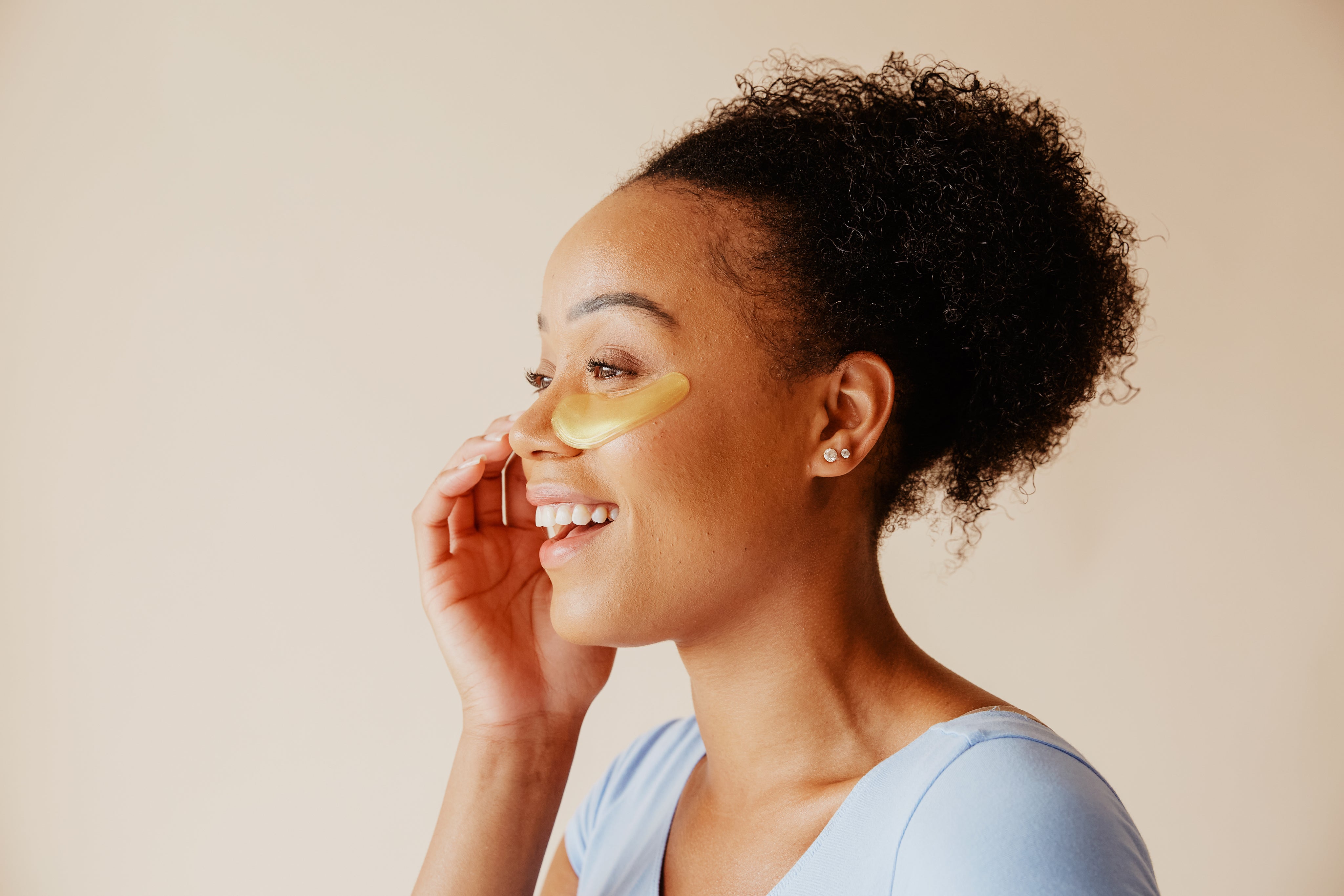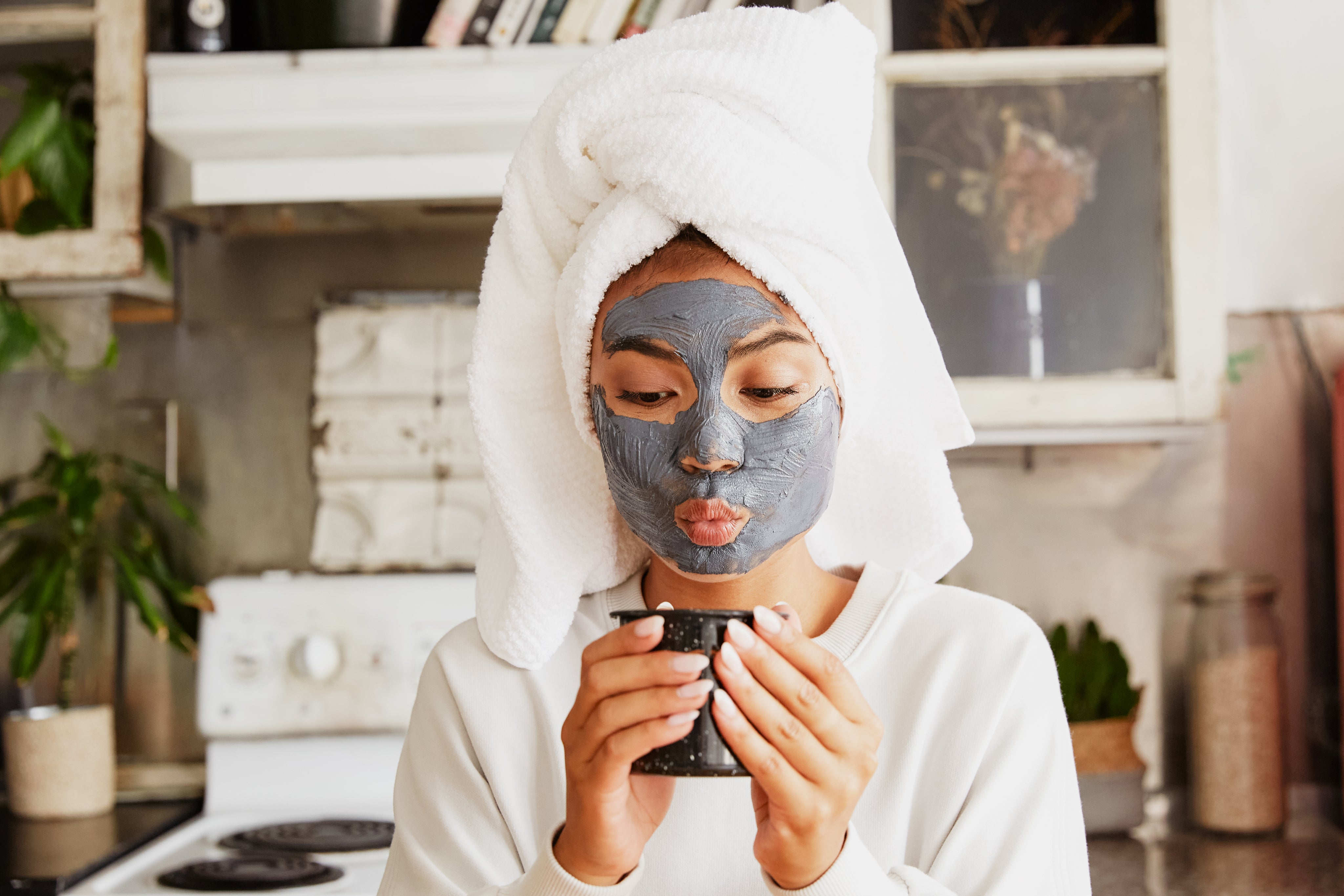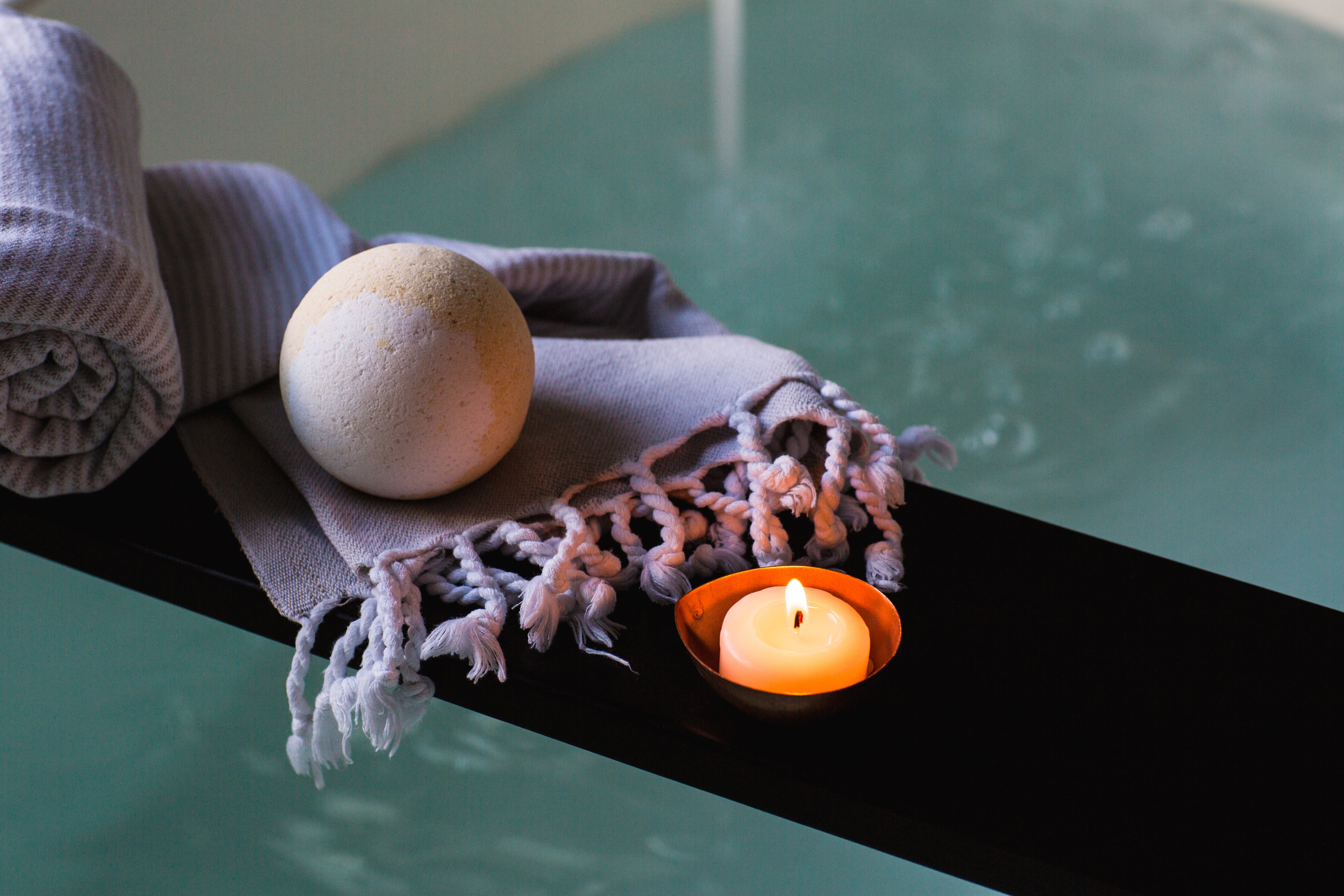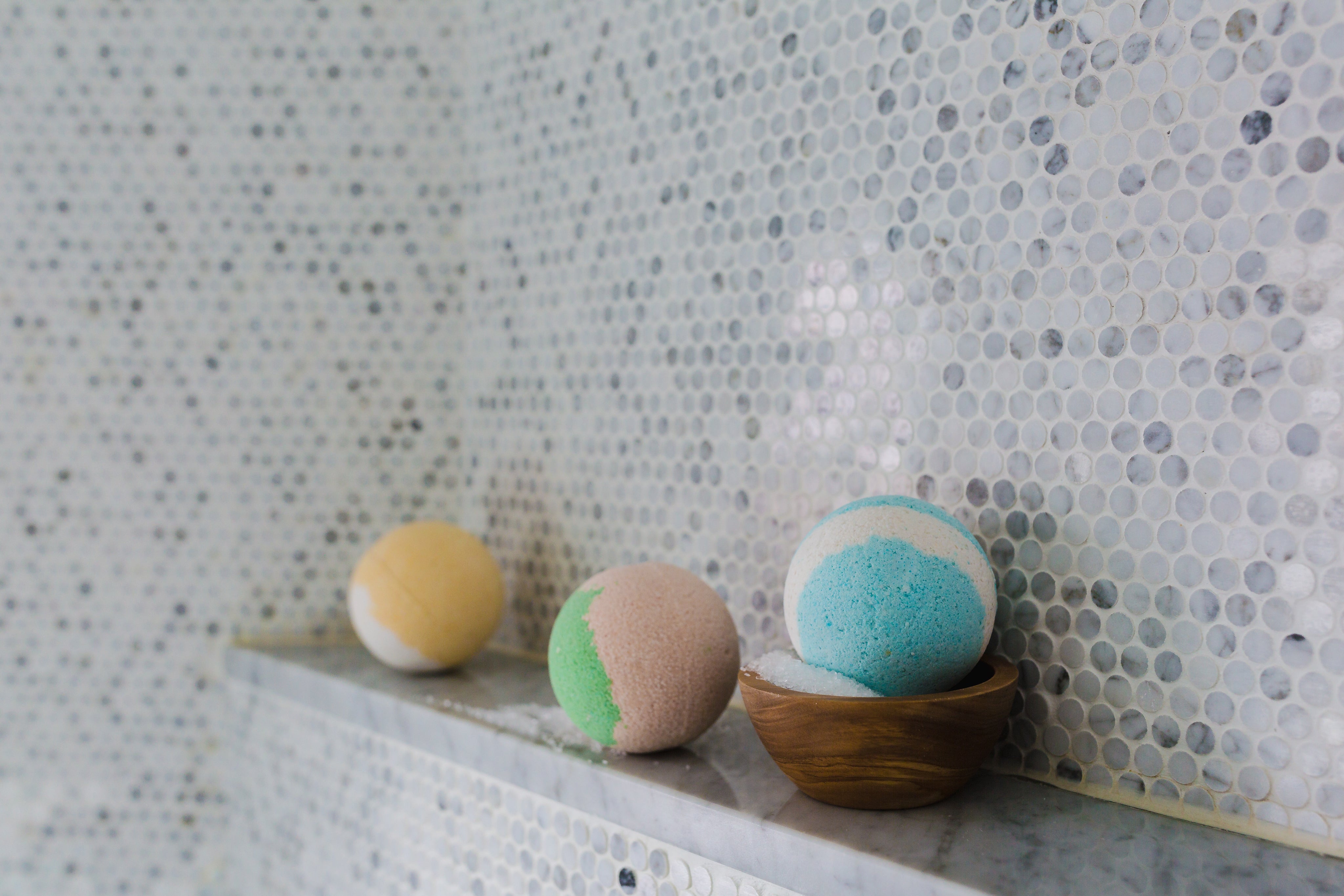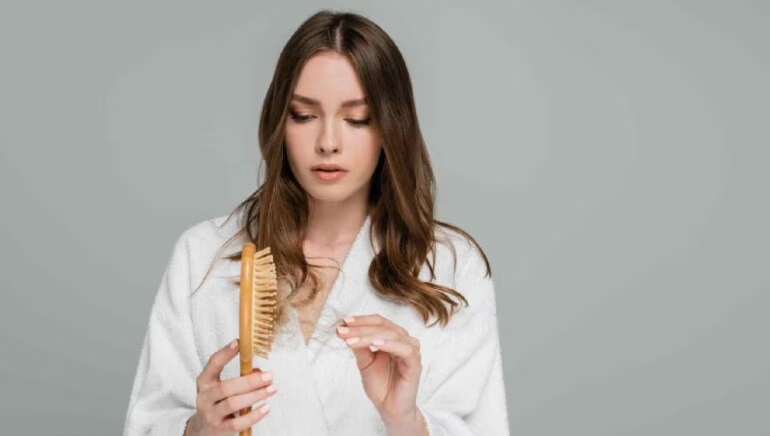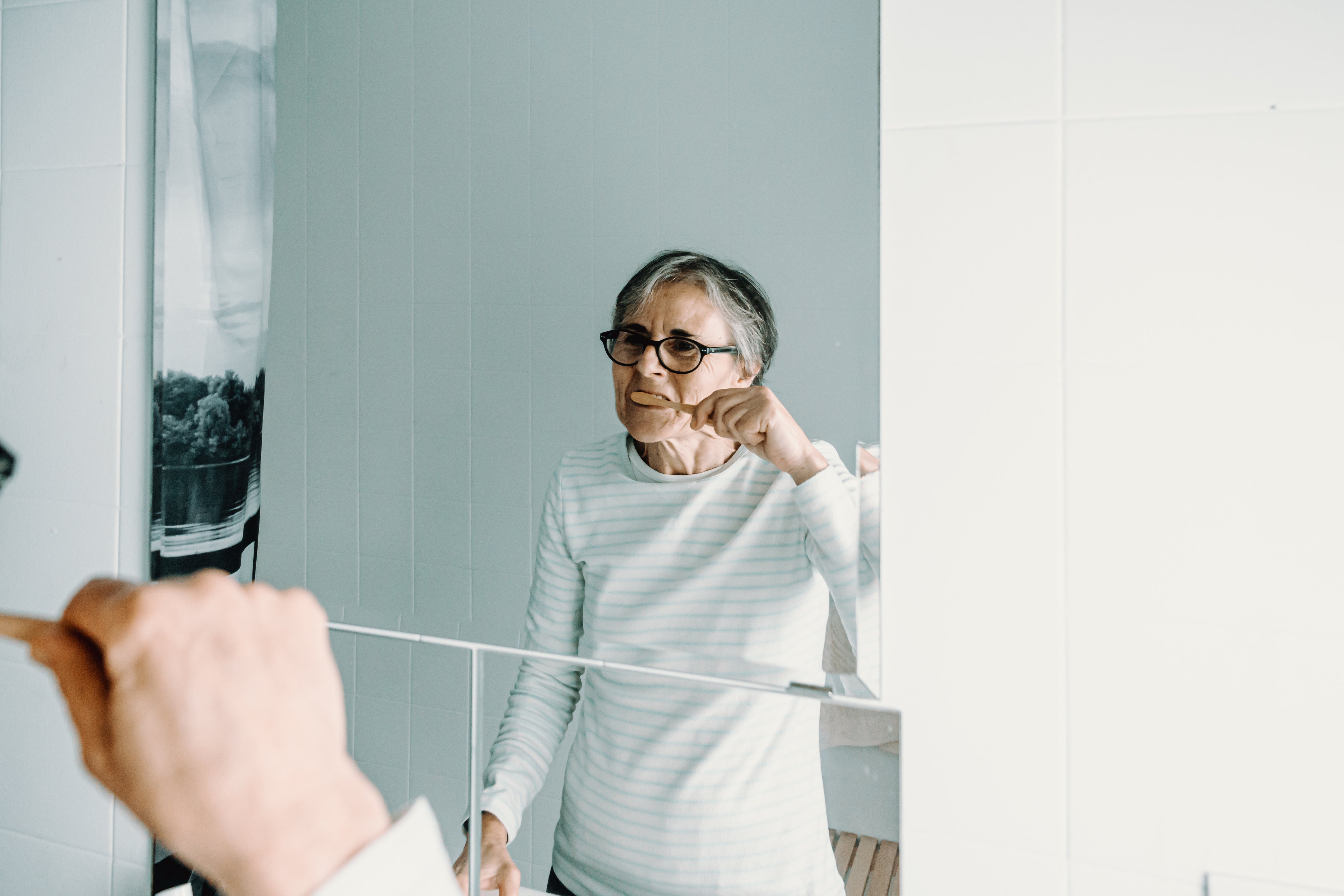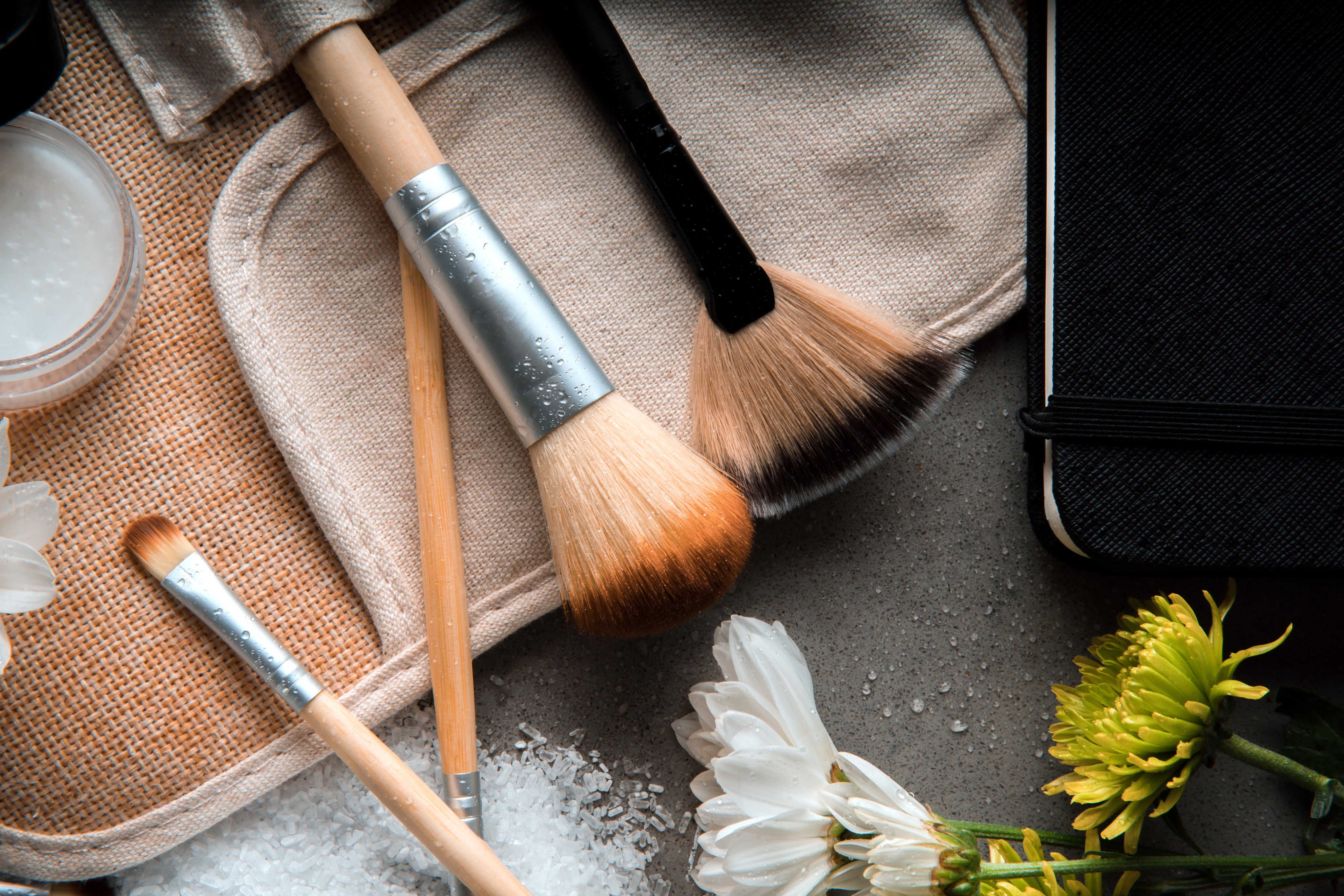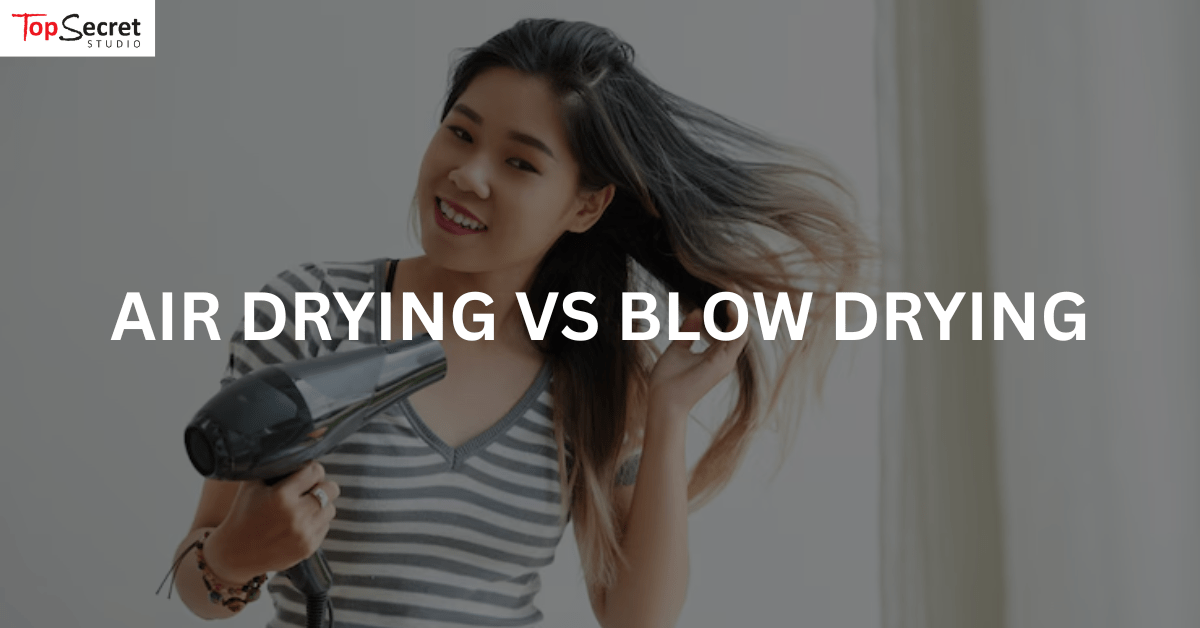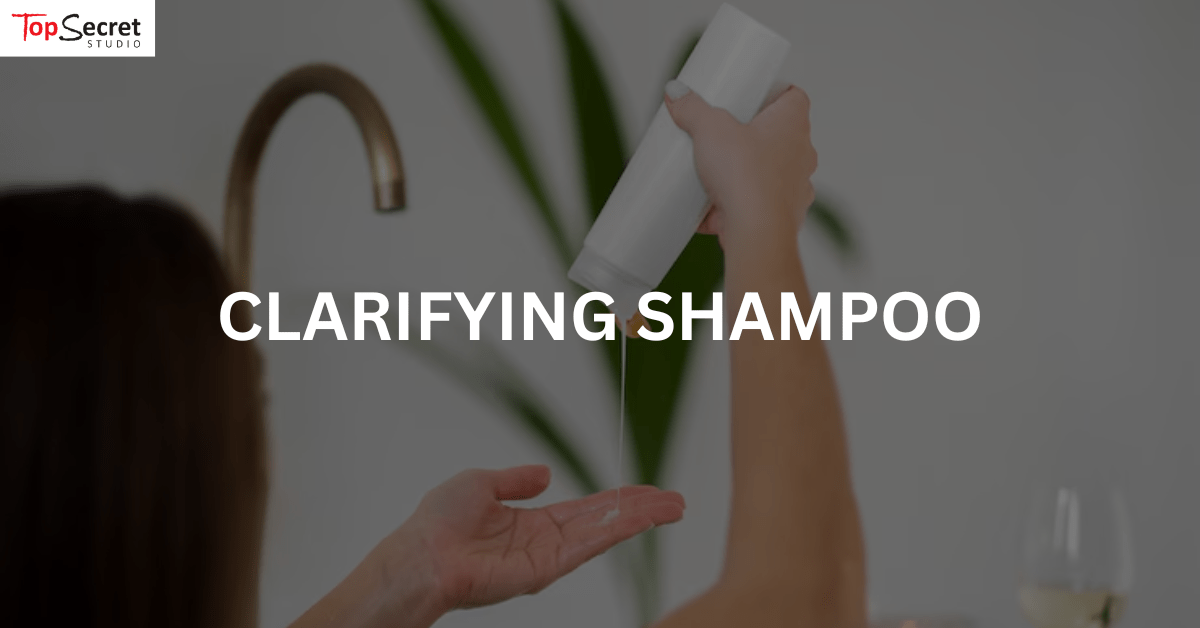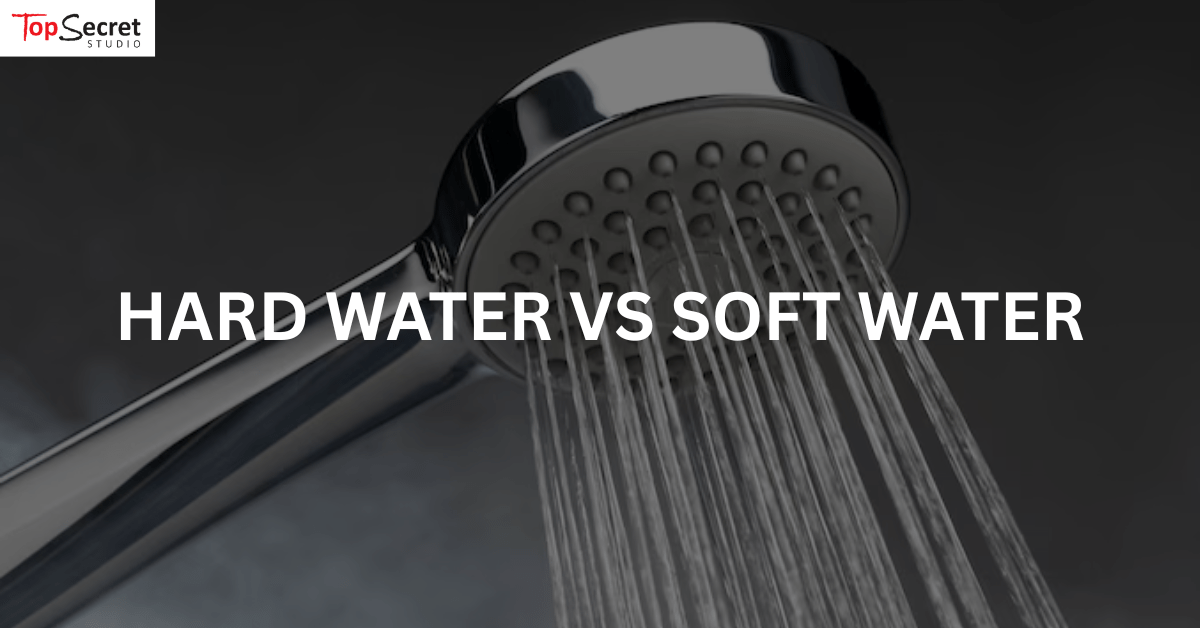
Hard Water vs Soft Water: What It Means for Your Hair Health
Most of us pay attention to the shampoo we buy or how often we condition our hair. But one factor often overlooked is the water coming out of the shower.
If your hair feels dry no matter what you use, or if it suddenly lacks its usual bounce, it may not be the products, it could be the water. Now don’t panic, it’s not as serious as it sounds, but understanding the difference between hard water and soft water is more important to hair care than many realise.
In Singapore, where water quality is carefully managed, it’s natural to wonder: is our water hard or soft? And what does that mean for our hair? Let’s find out.
What Is Hard Water and Soft Water?
Water is called “hard” when it has a high concentration of minerals, mainly calcium and magnesium. Soft water, on the other hand, contains low levels of these minerals.
|
Feature |
Hard Water |
Soft Water |
|
Mineral Content |
High (mainly calcium, magnesium) |
Low |
|
Feel on Hair |
Coarse, dull, coated |
Smooth, soft |
|
Shampoo Effect |
Less lather, more residue |
Lathers easily, rinses clean |
|
Common Result |
Buildup, dryness, brittle ends |
Cleaner strands, natural shine |
|
Scalp Impact |
Can lead to irritation, flakes, clogged pores |
Gentler on scalp, helps reduce dryness or itchiness |
|
Maintenance Needs |
Requires clarifying, deep conditioning more frequently |
Regular care usually enough for balance |
|
Product Compatibility |
May react poorly with sulphate-free or mild products |
Enhances performance of gentle formulations |
Is Singapore’s Water Hard or Soft?
In Singapore, tap water is classified as soft to moderately soft. According to PUB, Singapore's National Water Agency, the water typically has low mineral content, making it safe for daily use in both skincare and haircare routines.
That said, factors like water heaters, storage tanks, and pipe conditions can still affect water softness once it enters your home. This could explain why some people notice their hair feels different after moving to a new flat or switching shower systems.
“Even soft water can leave your hair feeling dry if combined with heat damage, chemical treatments or poor rinsing habits.”
How Does Hard Water Affect Your Hair?
Hard water isn’t dangerous to your health, but it can influence the condition of your hair. Calcium and magnesium can interfere with how your hair looks, feels, and responds to your routine.
-
Mineral Buildup
When hard water comes into contact with hair, the minerals cling to the strands and scalp. This creates a film that makes hair feel stiff or weighed down, and it can reduce shine, leaving it looking dull and lifeless no matter how often you wash.
-
Reduced Shampoo Effectiveness
With hard water, hair care products don't lather as it should, which can make cleansing feel incomplete. This often leads to product residue being left behind, which not only dulls the hair but can also cause it to feel greasy faster, encouraging people to overwash.
-
Itchy, Dry Scalp
Minerals in hard water can disrupt the scalp’s natural balance, leading to irritation or dryness. Over time, these deposits may clog pores or create an environment where flakes, redness, and discomfort become more noticeable.
-
Hair Breakage
Mineral buildup can make strands less flexible and more prone to snapping during brushing or styling. This is especially common in hair that has been coloured or chemically treated, as it’s already more porous and vulnerable to external stress.
Signs Your Hair May Be Affected By Hard Water
- Hair feels rough, tangled, or “coated” after washing
- Lack of shine or natural movement
- Frizz that doesn’t respond to usual treatments
- Flat roots but dry ends
- Scalp irritation despite using mild products
Benefits of Soft Water for Hair
Soft water is generally considered more hair-friendly, especially for those who notice dryness, dullness, or buildup despite using high-quality products. Because it contains fewer minerals, it interacts more gently with both the scalp and strands, offering several noticeable advantages.
- Rinse Products More Effectively
Soft water allows shampoos, conditioners, and treatments to rinse out more cleanly, without leaving a film behind. This makes your hair feel lighter and helps reduce the need for frequent washing.
- Leave Hair Smoother and Shinier
Without the interference of mineral deposits, the hair cuticle stays flatter, which makes strands feel softer and reflect more light. This naturally enhances shine and improves manageability, often giving the appearance of healthier, glossier hair.
- Help Maintain Natural Oils
Soft water doesn't strip the scalp of its natural sebum as harshly as hard water can. This allows the scalp to stay more balanced, supporting hydration without making the roots feel greasy or overloaded.
- Reduce Scalp Flakiness
Because soft water is gentler on the skin, it’s less likely to cause irritation or dryness on the scalp. People who struggle with mild flaking or tightness often find their condition improves when washing with water that’s low in mineral content.
"Soft water doesn't strip the hair or scalp of its natural oils, which is key for keeping both healthy and balanced."
Soft water also works better with gentle, sulphate-free shampoos, allowing you to cleanse without over-drying.
How to Tell What Kind of Water You’re Using
Even if your area typically supplies soft water, the water reaching your tap can still behave differently depending on plumbing, storage tanks, or older pipes. If you are unsure about your water quality, here are a few ways to get a better idea:
Soap Test: If your shampoo or body wash struggles to create a proper lather, it could mean your water has higher mineral content.
Shower Clues: White marks or spots on glass surfaces, tiles, or taps are usually a sign of mineral residue from hard water. You might also notice your towels and clothes feeling stiff or less absorbent after washing, even with fabric softener.
Feel Test: Hair that feels coated or heavy after washing may be reacting to mineral buildup. Even after using quality hair care products, your strands might feel rough or tangled, which often suggests something in the water is clinging to the hair.
Use a Home Testing Kit: Simple home test kits are available and can quickly measure the hardness level in your tap water. They're easy to use, usually involving just a dip strip or droplet test, and they give a clear reading that helps you adjust your haircare routine accordingly.
Haircare Tips If You're Dealing With Hard Water
If you suspect you have hard water pouring from your taps and showerheads, don’t be disheartened! Here are some tips and tricks to get the most out of your mineral rich waters.
1. Use a Gentle Clarifying Shampoo Once a Week
Clarifying shampoos are formulated to lift away mineral buildup, product residue, and oil. Using one once a week can help restore hair’s natural texture, but it’s important to choose a formula that won’t overly dry or irritate the scalp.
2. Follow With a Hydrating Mask or Deep Conditioner
After clarifying, your hair may need extra moisture to regain softness and flexibility. A deep conditioner or treatment mask can help seal in hydration, smooth the cuticle, and support overall hair health, especially if your strands are already dry or treated.
3. Choose Products With EDTA, Apple Cider Vinegar, or Citrus Extracts
These ingredients are known for their ability to bind to and lift mineral residues from the hair. They can be found in some shampoos or used as a rinse to help restore shine and reduce that coated feeling often caused by hard water.
4. Consider Installing a Shower Filter
A showerhead filter is a budget-friendly option that helps to reduce chlorine and some mineral content before the water reaches your hair and skin. While it may not completely eliminate hardness, it can noticeably soften the feel of the water.
5. Consider a Water Softener If You Own the Property
For Homeowners, a water softener system might be worth considering. These systems remove calcium and magnesium through ion exchange, resulting in water that’s gentler on both hair and skin. It’s a large investment, but can be helpful in areas where water hardness is particularly high.
Conclusion About Hard Water and Soft Water
We wash our hair so often that it’s easy to overlook what the water itself might be doing to it. But understanding how mineral levels affect your strands can really help make sense of those days when your hair feels extra dry, dull, or just harder to manage than usual.
At Top Secret, we believe great hair starts with smart choices, not just in your routine, but in what surrounds it. That’s why we offer a carefully selected range of high-quality shampoos, conditioners, treatments, and scalp care products from trusted names like Shiseido and other leading Japanese and international brands.
Whether you’re dealing with hard water, soft water, or something in between, our products are designed to work gently yet effectively, helping your hair feel cleaner, lighter, and better nourished.
So next time your hair seems a bit off, don’t just look at the bottle, look at the water too! And when you need products that support your hair at every stage, we’re here to help you choose what really works.
Frequently Asked Questions About Hard Water vs Soft Water
Can Hard Water Affect Hair Colour Treatments?
Yes. Minerals in hard water can fade colour faster and cause uneven tones, especially with blonde, pastel, or chemically treated hair.
Does Soft Water Make Hair Greasier?
It can feel that way initially because it rinses product more thoroughly and doesn't strip oils, adjusting your shampoo amount usually helps.
Can Changing Shower Heads Improve Water Quality for Hair?
Some shower heads come with built-in filters that reduce chlorine and certain minerals, helping soften the water slightly.
Is Hard Water Worse for Curly or Coily Hair?
Yes. Curly textures are more porous and tend to absorb more mineral residue, making curls less defined and harder to detangle.
Will Boiling Water Make It Softer for Hair Washing?
Boiling temporarily removes some hardness, but it’s not practical or effective enough for regular hair washing needs.
Does Water Hardness Change From Area to Area in the Same City?
It can, especially in buildings with older plumbing, water tanks, or heaters that add minerals to otherwise soft water.

